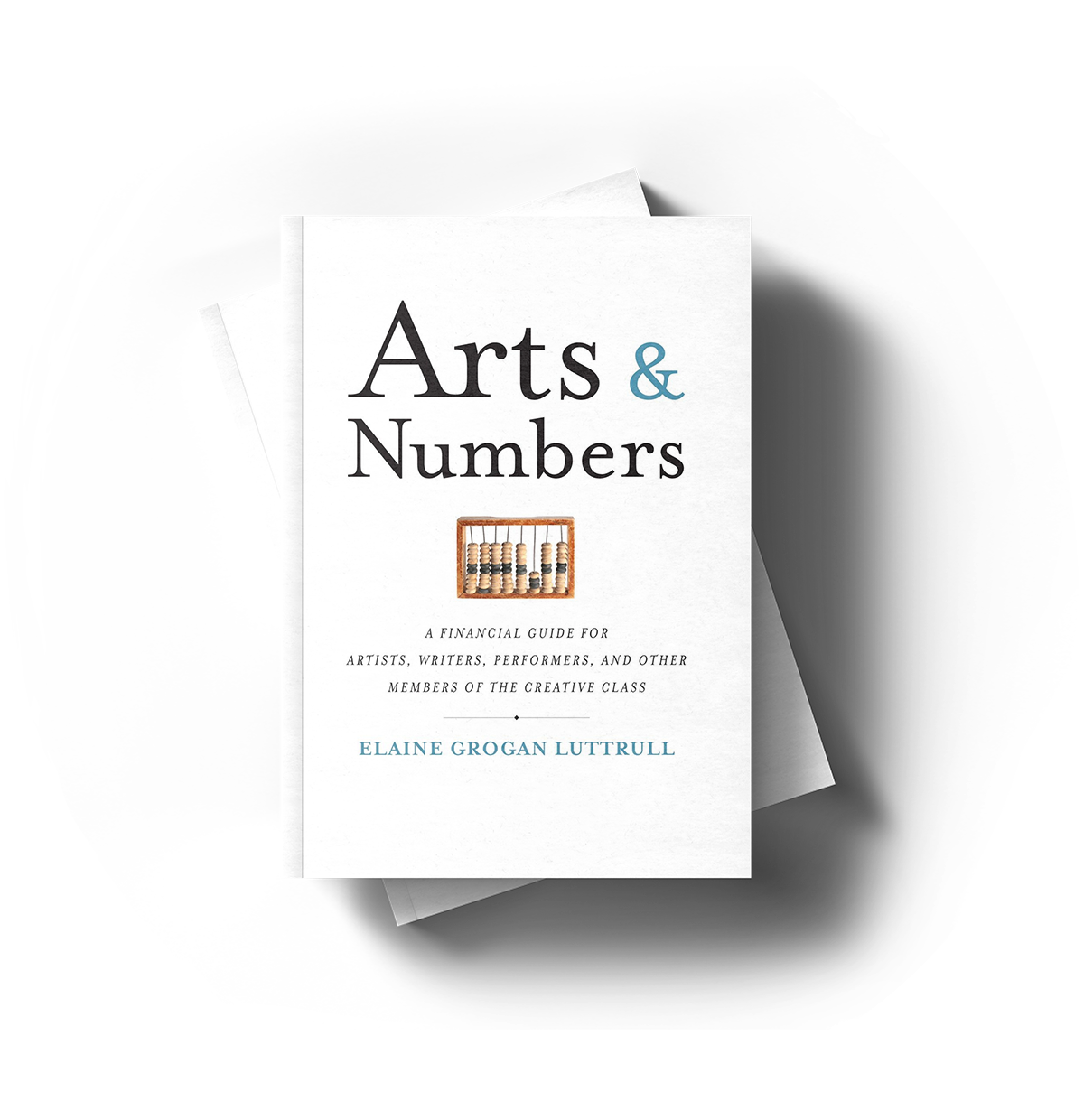July 10, 2013 • Curriculum
 Scene One: Stage lights rise on a conference room setting. The center table is full of playwrights, twelve of them, who have just completed a two-day financial literacy boot camp. The organizers of the event stand at the front of the room capturing the feedback — very openly shared — on a smart board.
Scene One: Stage lights rise on a conference room setting. The center table is full of playwrights, twelve of them, who have just completed a two-day financial literacy boot camp. The organizers of the event stand at the front of the room capturing the feedback — very openly shared — on a smart board.
“I think,” the playwright Laura Marks began with some trepidation. “I think — or rather I suspect that taking more ownership of my finances will translate into taking more ownership of my time.”
The other playwrights murmured thoughtfully in agreement and I sat in the back, paralyzed in silence. I composed myself enough to quickly transcribe Laura’s insight verbatim and exhaled, smiling.
To say I love what I do is a colossal understatement, particularly my work leading financial workshops for entrepreneurial artists, but the sessions I do with the playwrights are special. Something happens during the boot camps that isn’t easily replicated or manufactured in other settings. Maybe it is because we spend so much time together (two consecutive days); maybe it is because as a whole playwrights tend to be introspective and keen observers of the world around them to begin with (which translates well into financial awareness); or maybe it is because the materials resonate in a particularly powerful way.
I love sharing what I know and what others have learned with the play-writing community, and I love hearing how the data is processed, digested, and applied in their own lives. I am always gratified, and often surprised.
Laura’s insights floored me, but not because she is wrong. In fact, she is exactly right, and she articulated in a way I hadn’t how applicable the ideas I spout evangelically translate into other areas of our lives.
Because of course they do.
Being mindful of our finances isn’t any different from being mindful about our time or our diets or our relationships. The end results are consistent in theme as well: more rewarding experiences, less stress, and analytical, defensible results of our decisions.
And a mindfully conducted life, much like a play or a really great story, will always end well, even (or perhaps especially) if the ending isn’t exactly what might be prescribed from the outset.


